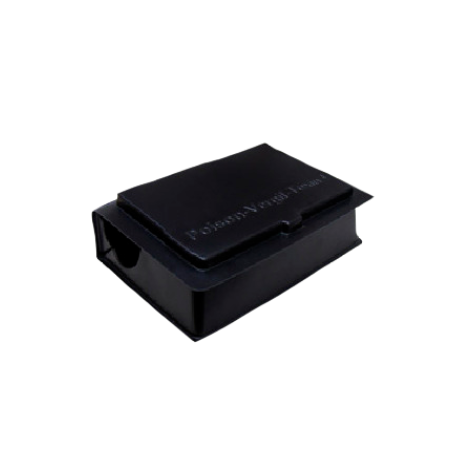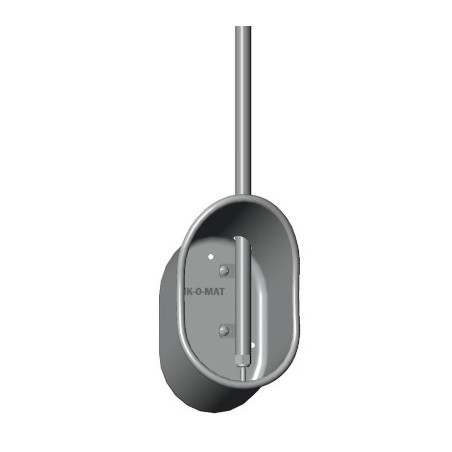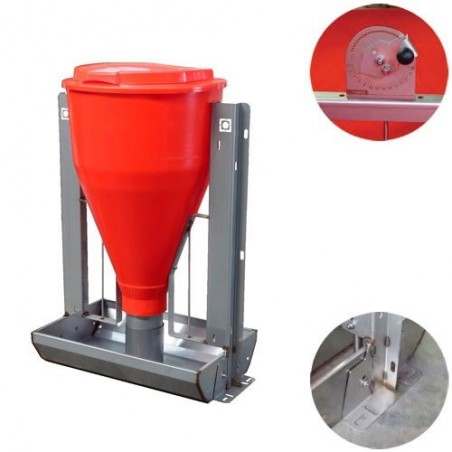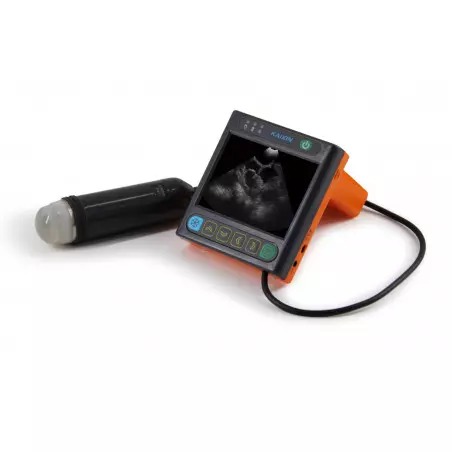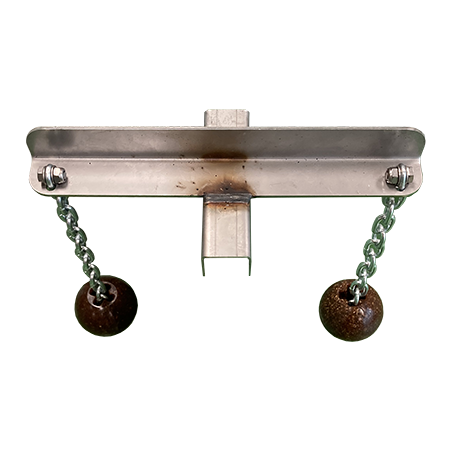Soybean meal has a high essential amino acid content and is, therefore, one of the most popular vegetable protein sources in animal feeds. However, soybeans cannot be used raw due to the presence of numerous antinutritional factors, which reduce nutrient digestibility and increase susceptibility to gastrointestinal disorders, particularly in piglets. Moreover, the rise in soybean prices and consumer concerns about the use of transgenic plants and genetically modified soybeans have prompted producers to search for alternative cheaper sources of vegetable protein, such as the by-products of rapeseed processing. In that context, the aim of the present study was to assess if cold-pressed rapeseed cake or extruded rapeseed cake with increased oil content could partially replace soybean meal in pig diets without compromising their performance and meat quality. For that purpose, a total of 60 crossbred (Large White × Landrace) × (Hampshire × Pietrain) weaners with average initial body weight (BW) of 22 kg were divided into 4 groups, with 15 animals (10 males and 5 females) per group, based on the percentage content of the following components in complete diets: soybean meal, toasted full-fat soybeans, cold-pressed rapeseed cake with increased oil content, extruded rapeseed cake with increased oil content. Growth performance, carcass characteristics, meat quality and the fatty acid profile of depot fat were determined.
As a result, the pigs fed with toasted soybeans showed a higher average daily gain (ADG). The animals receiving cold-pressed rapeseed cake were characterized by lower ADG and higher FCR; moreover, their carcasses showed a lower lean content than the carcasses of pigs fed with toasted soybeans. The analyzed feedstuffs had no effect on back-fat thickness or meat quality. However, cold-pressed and extruded rapeseed cake contributed to changes in the fatty acid profile of backfat by increasing the concentrations of MUFAs and a more desirable n-6/n-3 PUFA ratio.

In conclusion, the addition of toasted soybeans in pig diets contributed to higher BW gain and carcass dressing percentage. However, cold-pressed and extruded rapeseed cake with increased oil content led to desirable changes in the fatty acid profile of backfat.
Kaczmarek P, Korniewicz D, Lipinski K, Mazur-Kusnirek M. The effect of hydrothermally processed soybean-and rapeseed-based diets on performance, meat and carcass quality characteristics in growing-finishing pigs. Annals of Animal Science. 2019; 19(4): 1083-1097. https://doi.org/10.2478/aoas-2019-0045





